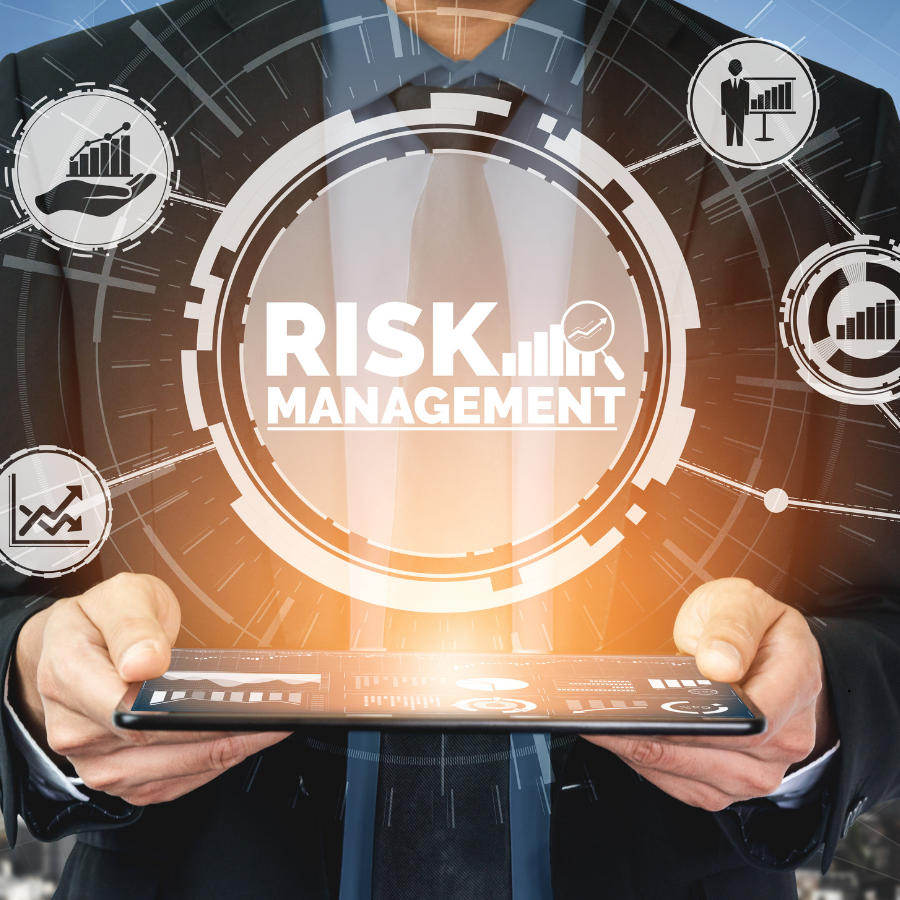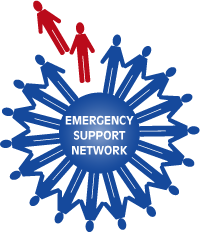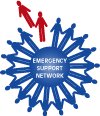Psychosocial Risk Management
Protect Your People. Strengthen Your Culture. Lead with Confidence.
In today’s evolving workplace, managing psychosocial hazards is not just a compliance obligation—it’s a business imperative. When unaddressed, issues like workplace bullying, fatigue, poor job design, and unsafe work attitudes can quietly erode morale, performance, and safety. But when managed well, they open the door to a healthier, more engaged, and resilient workforce.
At ESN, we help organisations shift from reactive problem-solving to proactive risk management. Using a robust, evidence-based framework grounded in human factors research, we examine the interplay between people, performance, and safety—helping you create a workplace where both wellbeing and productivity thrive.
Our Proven Framework Helps You:
- Identify and assess psychosocial hazards before they escalate.
- Pinpoint risk hotspots and deliver practical, tailored recommendations.
- Educate leaders and key personnel in psychosocial risk awareness and response.
- Implement culture and climate interventions that support psychological safety.
We are experienced in applying the WA DEMIRS Code of Practice Guidelines, as well as ensuring that all assessments and interventions align with best-practice standards and current legislative requirements.
Psychosocial Safety Is The Foundation For Sustainable Success
Psychosocial safety isn’t just about legal compliance—it’s the foundation for creating a culture of trust, wellbeing, and high performance. Let ESN help you turn potential risks into opportunities for a thriving workforce.
Contact us to learn how our psychosocial risk management services can enhance your organisation’s wellbeing and drive success.

Our latest blog posts
The AI Advantage: Elevating Standards And Productivity In The Workplace
Artificial Intelligence (AI) is no longer a futuristic concept or a buzzword—it’s a strategic driver reshaping how businesses operate, compete, and innovate. As organisations increasingly embrace digital transformation, AI is playing a pivotal role
Trauma-Informed HR: How Understanding Trauma Can Transform Workplace Culture
In today's fast-paced, high-pressure work environments, it's easy to overlook the invisible burdens many employees carry. Personal trauma—whether from childhood adversity, loss, abuse, or crisis—doesn’t disappear when someone clocks in. It follows them to
The Secret to Happiness at Work: It’s Simpler Than You Think
We spend nearly a third of our lives at work. It’s no surprise, then, that happiness at work plays a critical role in our overall well-being. But what truly drives workplace happiness? Is it
“It’s not what happens to you that matters. It’s what you think about what happens to you that matters”
– Martin E. P. Seligman –




